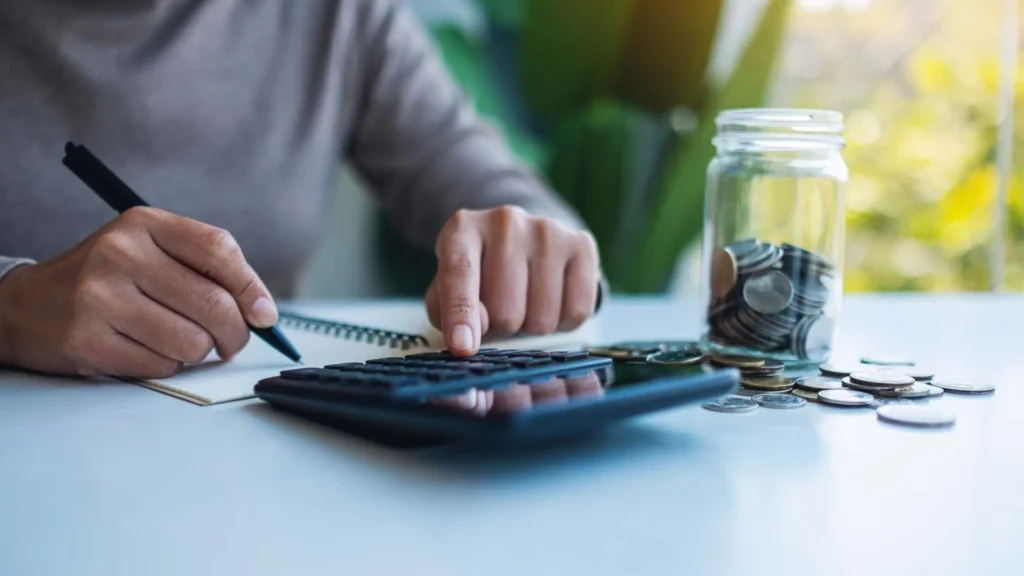Will Venmo refund money in case of fraud? It is one of the questions that needs our attention. Among the many peer-to-peer payment apps available, Venmo stands out. Because of this, scammers exploit it frequently to earn a fast profit.
Here, we will outline the steps to take following a Venmo scam, discuss how to spot and avoid fraud in the future, and cover Venmo’s policy regarding the refund of scammed money. You can also check out Beem to send money online for free in the form of gift cards, pre-paid cards, and checks, even without a bank account.
What is Venmo and How Does It Work?
Venmo is a mobile app by PayPal that streamlines sending and receiving money. Due to its user-friendliness, Venmo has become popular in the US. Users can send money to loved ones after they link their bank accounts or credit/debit cards to the app.
Bill splitting, cost sharing, and other forms of small business are common uses for the site. In Venmo’s social feed, users can remark on and share details about their transactions. It adds a social dimension to monetary transactions.
Utilizing Venmo is free of charge, although there are fees associated with using certain services and credit cards. It’s a popular method for regular monetary transactions because it’s simple and convenient for handling peer-to-peer payments.
What to Do If You Are Scammed On Venmo?
Contact Venmo’s support staff through their contact page immediately if you become a victim of a scam on the platform. These scammers may escalate their actions in response to reports of their fraudulent operations.
It is crucial to provide as much information as possible about the transaction, such as screenshots of communications between you and the fraudster. It is also in your best interest to gather and submit all relevant evidence supporting your claim.
Will Venmo Refund Money If Scammed?
Peer-to-peer payments made with Venmo will not be refunded. Money sent through Venmo between two personal accounts can’t be taken back. You won’t be able to get your money back even if the payment is made by two strangers.
You can only get a return for payments marked as purchases. When you send money to a stranger as part of a deal, you should permanently mark the payment as a purchase. Venmo’s Purchase Protection Program protects the things you buy. There may be times when you should get your money back, such as getting a fake item, a broken item and not getting the service you paid for.
People who send or receive money through business accounts can get their money back. When payments are made with a Venmo business account, they are automatically marked as purchases and are covered by the Purchase Protection Program.
Beware of These Common Venmo Scams
Here are some scenarios you can be scammed with:
- In an imitator scam, the con artist poses as a friend or acquaintance to trick you into sending them money.
- Scammers will contact you over Venmo, say they have a prize for you, and ask for your bank information to pay it.
- In a phone call or email, you can receive an imposter posing as an employee of Venmo requesting personal information to assist you.
- Scams involving overpayment or mistaken payment occur when a victim accidentally submits excessive money during an online transaction and then requests a refund.
Steps To Protect Yourself From Venmo Scams
Private Deals: Only use Venmo with people you know, like family and friends, and keep your deals private.
Enable Security: Make changes to the security settings. Add two-factor authentication and PIN safety to make your account safer.
Check Recipients: Before sending money, check the recipient’s username to ensure you’re giving money to the right person.
Avoid Details: Don’t share transaction details publicly on the Venmo feed, as this can make your financial behavior public.
Change Passwords: To keep others from entering your account without permission, change your password often and ensure it’s unique.
Stay Informed: Know about common Venmo scams and phishing attempts. Beware of emails and payment requests you didn’t ask for.
Monitor Carefully: Look over your transaction records often and immediately inform Venmo if you see anything fishy.
Conclusion
You can send money to people you know quickly and easily with Venmo. On the other hand, you expose yourself to fraud when you utilize it for things like online shopping. Be careful, verify each transfer, and never give money to someone you don’t know to avoid being a victim of a Venmo scam. Consider using Beem‘s help services to enhance your online safety by leveraging their additional support and expertise in handling digital transactions. Protect your hard-earned money with Beem, which is PCI-DSS certified, and prevent any data leaks while sending money online.
FAQs
Will Venmo give my money back if I’m scammed?
If you fall victim to a scam, Venmo will not refund you. It says people should only do business with those they know and trust. Before transferring money, make sure to check the recipient’s identity.
Is it safe to give someone your Venmo username?
In most cases, it’s OK to share your Venmo login details or username, but you should never share your password. To reduce dangers, only connect with people you know and trust.
Is Venmo safe to use with strangers?
Using Venmo with strangers raises the risk of fraud or disagreements because the app is meant for transactions between friends and family. Stay focused and look into other options when dealing with strangers.















































